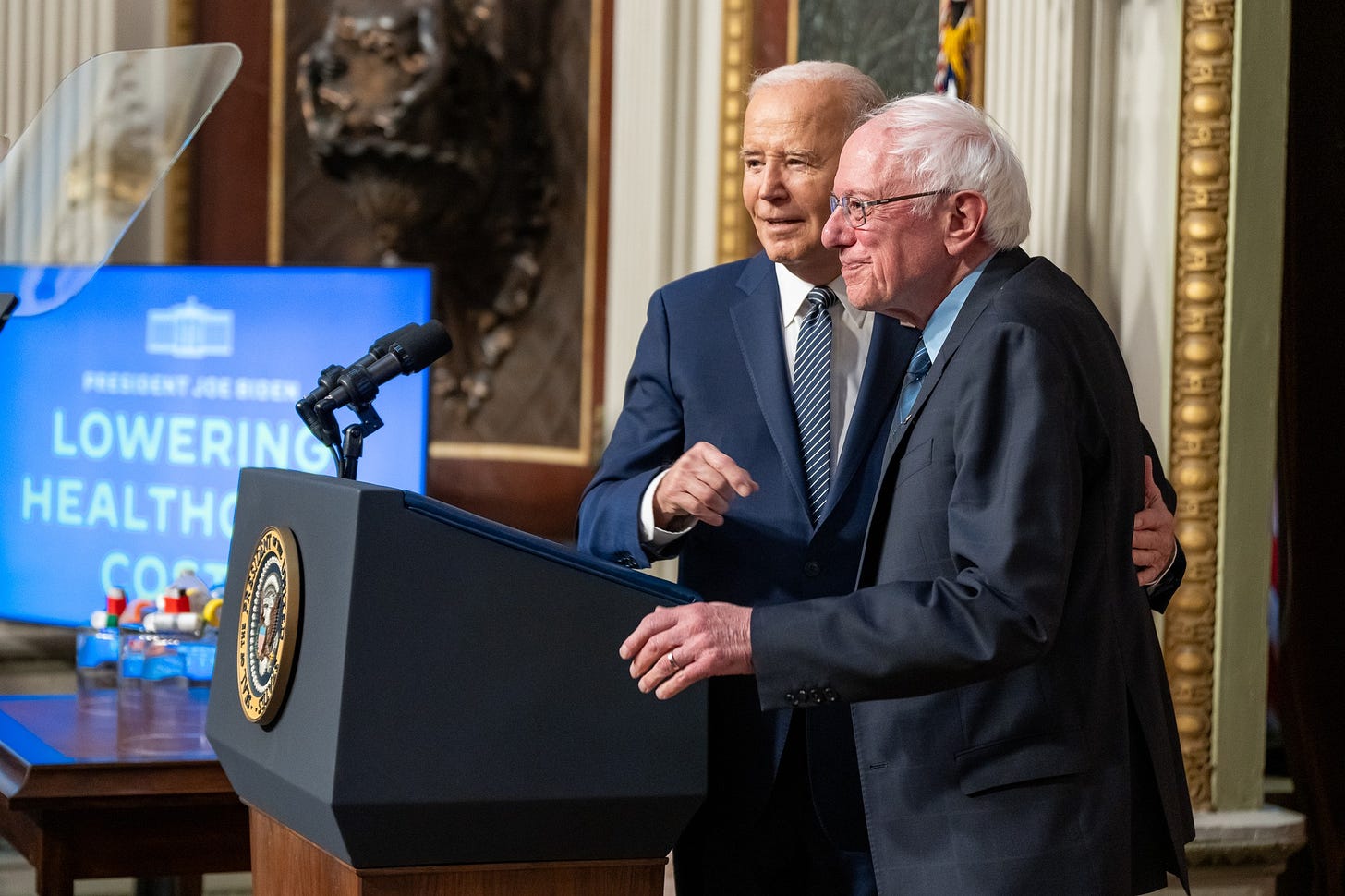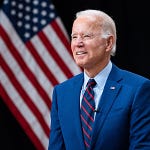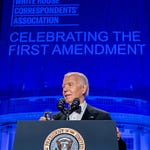National Security Council Spokesperson Adrienne Watson issued a statement on the earthquake impacting Taiwan, emphasizing that the U.S. government is closely monitoring the situation and its potential effects on Japan. The statement highlighted the readiness of the United States to offer necessary assistance in response to the disaster.
The earthquake, accompanied by strong aftershocks, occurred off Taiwan's east coast on Wednesday morning. At least nine fatalities and 963 injuries resulted. It was the most significant seismic event to impact Taiwan in the past 25 years, causing building damage and landslides, and was even felt in parts of China. After the earthquake, more than 143 individuals, including over 70 quarry workers, were trapped under debris, as reported by Taiwan's fire department.
Additional source: The Washington Post
National Security Communications Advisor John Kirby held an on-the-record press gaggle highlighting two main points at the outset. Firstly, he recognized Croatia and Albania's 15th anniversary as NATO Allies, praising their contributions to European security and their leadership in the Western Balkans. Secondly, Kirby expressed deep concern over Uganda's Anti-Homosexuality Act, particularly provisions imposing harsh sentences for promoting homosexuality and life sentences for same-sex conduct, stating that it undermines human rights and Uganda’s international reputation.
Questions from reporters covered various topics, including a request for clarification on whether a strike on a World Central Kitchen convoy was deliberate, with Kirby referring to Israeli authorities for details and emphasizing the expectation of a thorough and transparent investigation by them. There were also inquiries about whether the U.S. would conduct its own investigation (to which Kirby answered no) and about the postponement of Jake Sullivan's trip to Saudi Arabia due to a cracked rib.
The conversation then shifted to President Biden’s statement on Israel’s responsibility to protect aid workers and the difficulties in distributing humanitarian aid. Kirby reiterated the need for Israel to be more precise and cautious in its operations and mentioned discussions about alternative strategies to a ground operation in Rafah.
Questions also touched on the upcoming visit by the Japanese prime minister, with Kirby declining to speculate on discussions about the Nippon Steel issue. On Ukraine, Kirby did not confirm a shift in leadership for military assistance coordination to NATO, stressing the importance of continued American leadership.
There were questions about potential changes in U.S. military posture in Iraq, with Kirby indicating ongoing discussions.
Other topics included concerns about potential legal complicity in abuses due to U.S. weapon supplies to countries blocking aid, Kirby's remarks on the ongoing efforts for a ceasefire and humanitarian aid in Gaza, and clarifications on various aspects of U.S. policy towards Israel, Taiwan earthquake impacts, TikTok, and the U.S.'s stance on monitoring political campaigns and national security.
White House Press Secretary Karine Jean-Pierre held a briefing covering several topics, starting with a focus on asthma inhalers' high costs in the U.S. and the Biden administration's efforts to lower these costs. The briefing highlighted the administration's actions leading to reduced inhaler prices for many patients, contrasting these efforts with Republican opposition to the Inflation Reduction Act and proposed cuts to healthcare and social programs.
The briefing also addressed the situation in Taiwan following an earthquake, confirming the U.S.'s readiness to assist and indicating no expected impact on upcoming diplomatic visits.
The press secretary discussed a recent meeting with Muslim leaders, emphasizing its intent as a private dialogue to address concerns within the Muslim community, particularly about the situation in Gaza. The administration reiterated its commitment to an immediate ceasefire and increased humanitarian aid in Gaza and refused to comment on private discussions or individual reactions within the meeting.
Regarding infrastructure, the briefing touched on the Federal response to the Baltimore bridge collapse, emphasizing the commitment to rebuild and support the community affected.
On foreign policy, particularly concerning Ukraine, the administration criticized a proposal to tie aid to policy changes on Liquified Natural Gas (LNG) exports, reaffirming its stance on supporting Ukraine without such conditions.
The briefing concluded with responses to various questions on topics including Israel's actions in Gaza, public health issues like bird flu, criminal justice concerns, and environmental policies related to LNG exports. The administration's position on these issues was consistently framed within broader policy goals and values, emphasizing accountability, public safety, and commitment to allies and international norms.
The White House released a fact sheet that showed the Republican Study Committee, which represents all House Republican leadership and about 80% of their members, has proposed a budget that significantly cuts funding critical to combating the opioid crisis. This proposal comes at a time when opioid overdoses are the leading cause of death for Americans aged 18 to 49. President Biden, prioritizing the fight against the opioid epidemic, has called for bipartisan efforts to tackle fentanyl trafficking and expand access to treatment for addiction. The Biden-Harris Administration has made significant investments in treatment and barrier removal, including a bipartisan law that expanded the number of healthcare providers able to prescribe opioid use disorder treatments by over 1.8 million.
In stark contrast, the proposed budget by House Republicans aims to cut over 30% of investments in families and communities, targeting State Opioid Response Grants—a key federal initiative aiding states and territories in addressing the opioid epidemic. This reduction would notably decrease the support available for over 27 million Americans with drug use disorders. It would result in 39,000 fewer Americans being served by the State Opioid Response grant program. The program has been instrumental in providing treatment to over 1.2 million people and distributing approximately 10 million overdose reversal kits, reversing over 550,000 overdoses since 2018. The proposed cuts are in addition to a $4.5 trillion reduction from Medicaid and the Affordable Care Act, further impacting mental health and substance use disorder care.
In remarks from the Indian Treaty Room at The White House, President Biden emphasized his administration's efforts to lower healthcare costs for Americans, focusing on battling high prescription drug prices. He highlighted legislative successes, such as the Inflation Reduction Act, which allows Medicare to negotiate drug prices and caps insulin costs for seniors at $35.
The President proposed extending these caps to all Americans and called for more drugs to be included in price negotiations. He criticized pharmaceutical companies for unfair pricing practices and outlined additional healthcare initiatives, including improving access to affordable hearing aids and expanding the Affordable Care Act. President Biden emphasized healthcare as a right, not a privilege, and contrasted his policies with Republican proposals, advocating for unity and collective action to further healthcare reform.
President Biden has announced a Presidential Delegation to attend the 30th Commemoration of the 1994 Genocide, Kwibuka 30, in Kigali, Rwanda, on April 7. The Honorable William Jefferson Clinton, the 42nd President of the United States, will lead this delegation. Members of the delegation include The Honorable Eric Kneedler, U.S. Ambassador to Rwanda; The Honorable Mary Catherine Phee, Assistant Secretary of State for African Affairs; The Honorable Casey Redmon, Special Assistant to the President and Senior Director for Legislative Affairs at the National Security Council; and The Honorable Monde Muyangwa, Assistant Administrator of the Bureau for Africa at the U.S. Agency for International Development.
President Biden & Senator Bernie Sanders of Vermont at an event held at The White House where they discussed lowering healthcare costs














Share this post